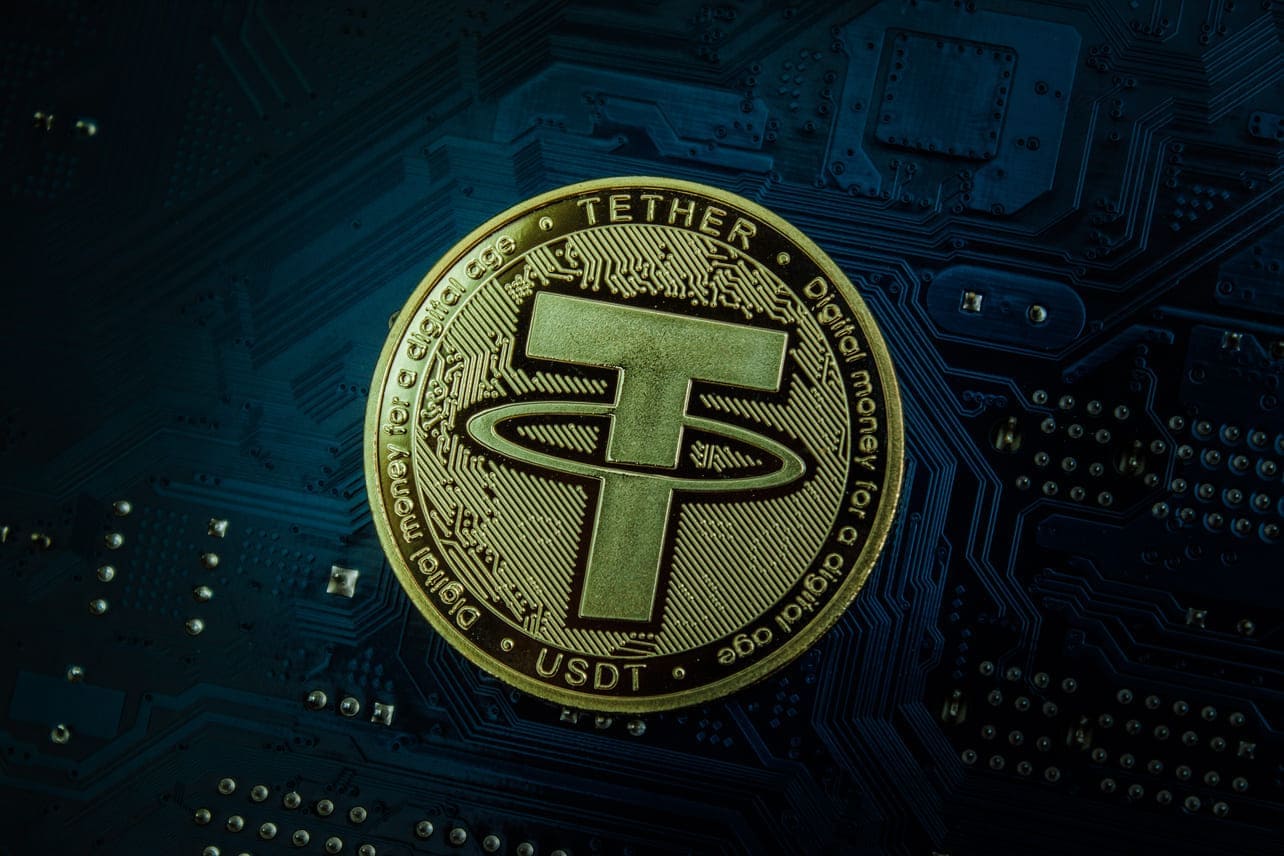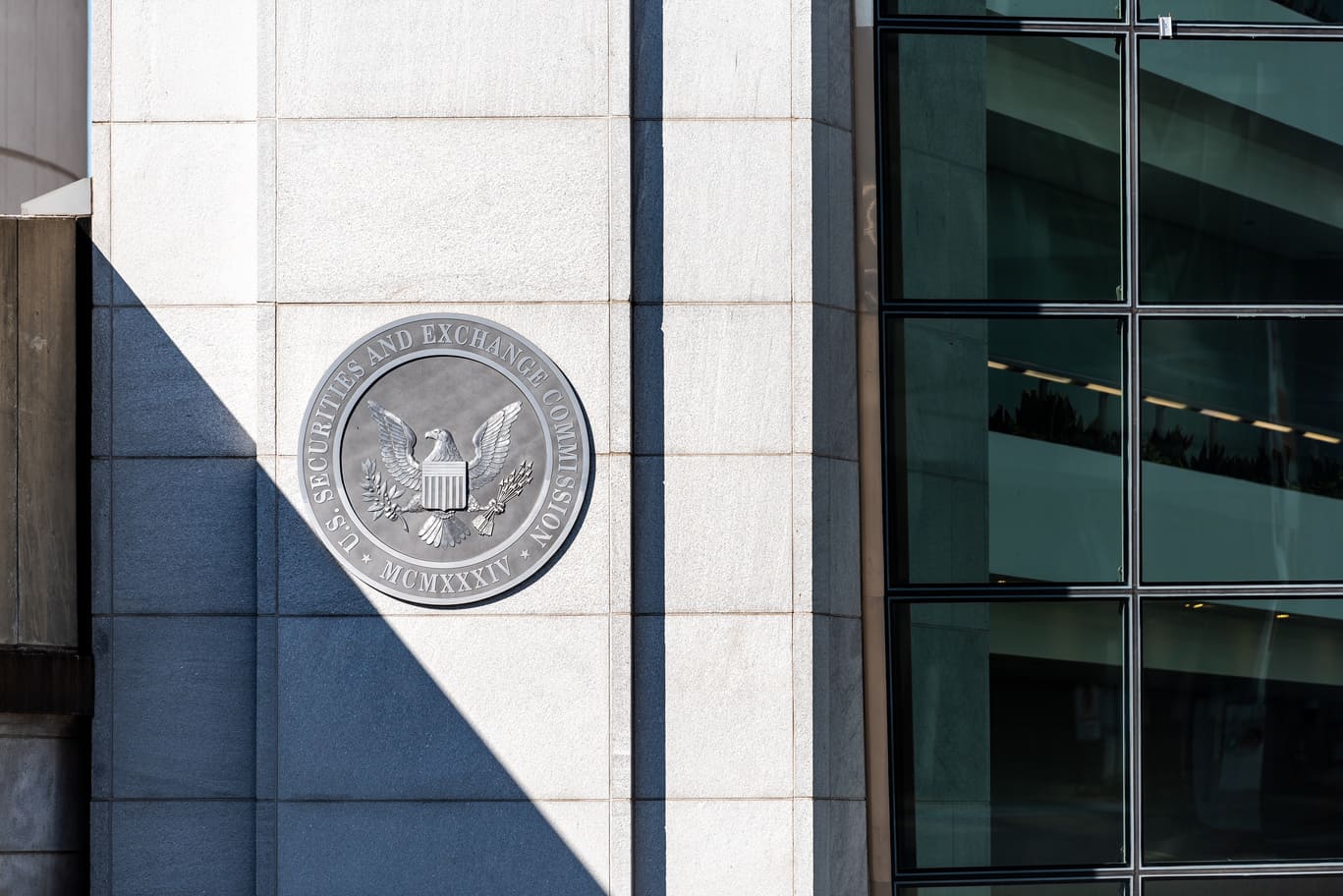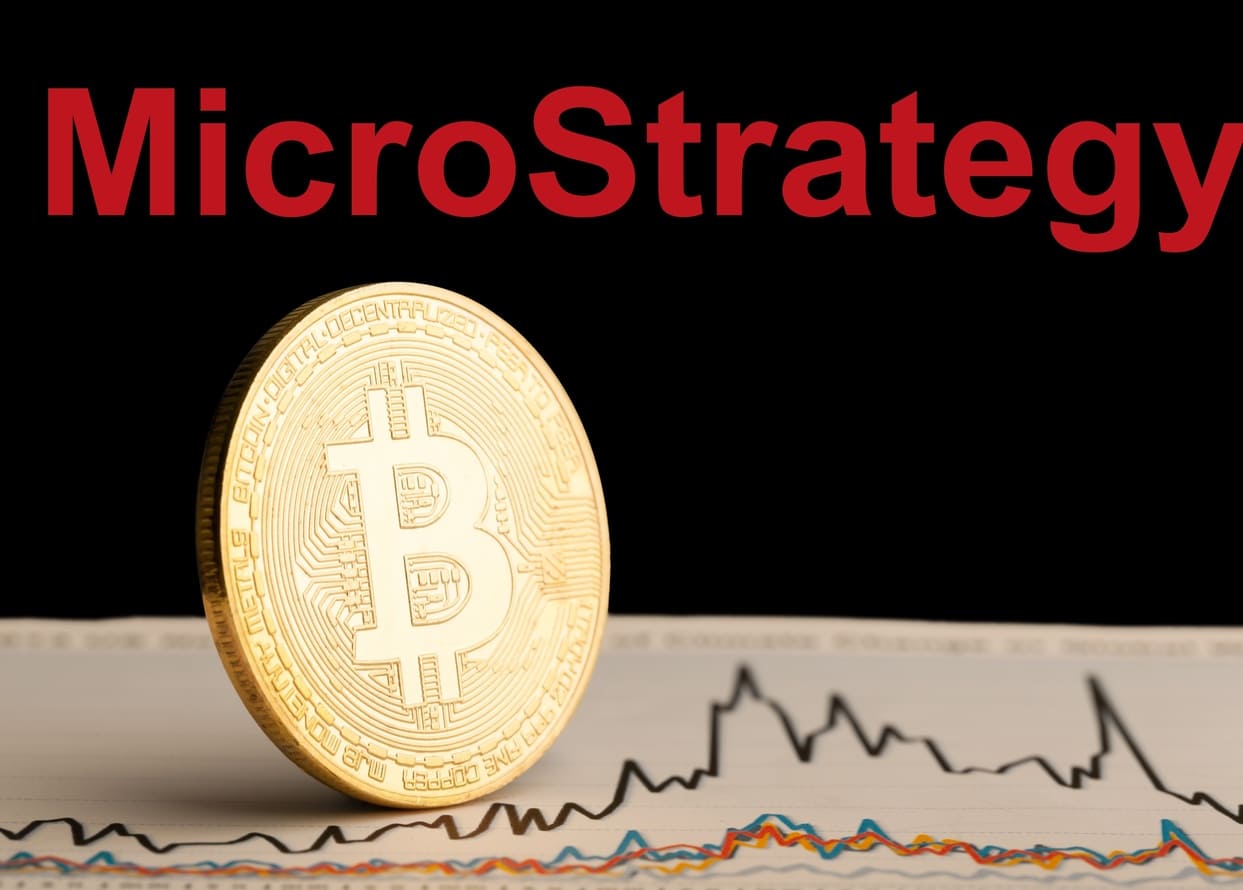
Tether Challenges UN Report, Highlights Positive Impact on Emerging Economies
Stablecoin issuer disputes accusations, emphasizes collaboration with law enforcement, and advocates for a broader understanding of blockchain's role in combating financial crime.
In the face of heightened scrutiny within the crypto industry, Tether is pushing back against recent criticism from a United Nations (UN) report alleging its involvement in illicit activities.
Expressing disappointment with the UN's assessment, Tether argues that the report unfairly singles out USDT's alleged connection to illicit activities while overlooking its positive influence on developing economies in emerging markets. The stablecoin issuer defends its position by underscoring its collaboration with global law enforcement agencies, including the Department of Justice (DOJ), the Federal Bureau of Investigation (FBI), and the recently onboarded United States Secret Service (USSS).
In a recent blog post, Tether contends that its monitoring measures surpass those of traditional banking systems, historically implicated in money laundering cases and facing significant fines. Over the past few months, Tether has taken proactive steps, freezing more than $300 million to combat the criminal use of crypto assets.
Furthermore, Tether asserts that the UN's assessment overlooks the traceability of its tokens and the established track record of collaboration between the company and law enforcement. Rather than focusing solely on risks, Tether suggests that the UN should explore how centralized stablecoins, like USDT, could contribute to efforts in combating financial crimes.
Tether emphasizes that there are ample opportunities to address financial crimes on blockchain platforms and encourages the UN to engage with the industry to understand and implement contemporary strategies in the fight against financial crime. “We believe the UN could benefit from an expanded understanding of blockchain technology and the immense improvements it offers with respect to fighting financial crime,” the company stated, expressing a willingness to collaborate on such initiatives. “We encourage a proactive learning approach and believe it is vital for a more informed environment, and are happy to support the UN in gaining more understanding.”
Tether's response comes a day after the release of a report by the UN Office for Drugs and Crime (UNODC) addressing the use of crypto assets in illicit activities and underground banking, with a specific mention of the USDT stablecoin as a prominent instrument for money laundering in the Southeast Asia and Pacific region. Notably, the report highlights the growing prevalence of USDT transactions on the Tron blockchain.





